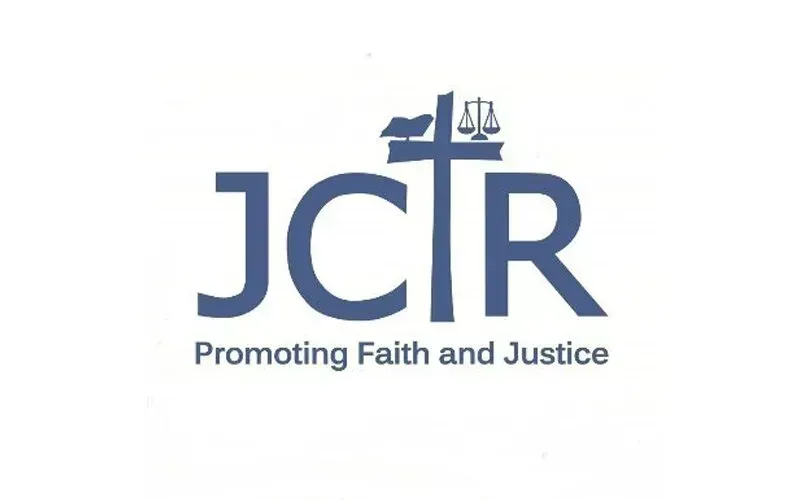Lusaka, 19 February, 2022 / 8:30 pm (ACI Africa).
Zambia’s government needs to put in place effective systems aimed at addressing gaps that may arise with the implementation of the free education policy in the country, members of the Jesuit Centre for Theological Reflection (JCTR) have said.
In a Tuesday, February 15 statement, the Jesuit scholars say challenges are likely to rise as is the case whenever new policies are introduced.
JCTR officials recommend that the Zambian government “through the Ministry of Education and through the law enforcement authorities such as the Anti-Corruption Commission, put in place effective systems to close corruption and inefficiency gaps that may arise with the delivery of free education.”
Since the implementation of the free education policy in January this year, there have been cases of congestion in schools, corruption, and abuse of authority, the Jesuit scholars say.
“Consideration of how learners are going to access and benefit from the free education policy is critical in guaranteeing that every child has access to education,” they say, and add that congestion in schools comes with unfavorable teacher-pupil ratios, which manifest in how teachers are available to offer services and care to the students.








